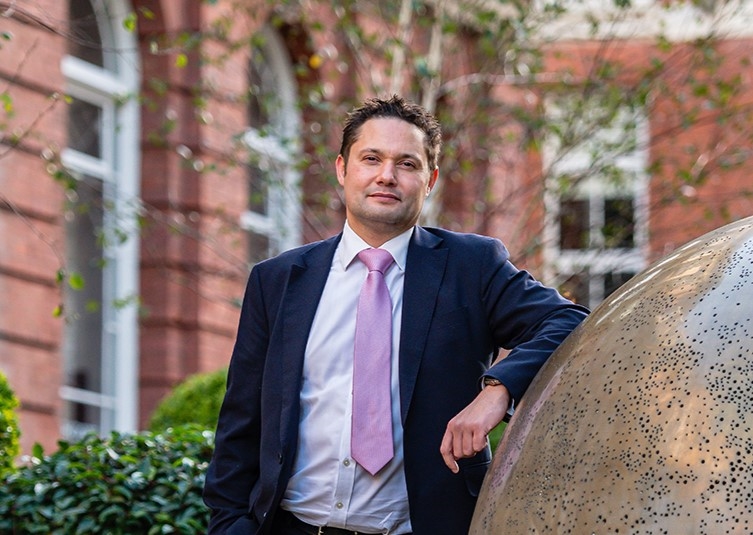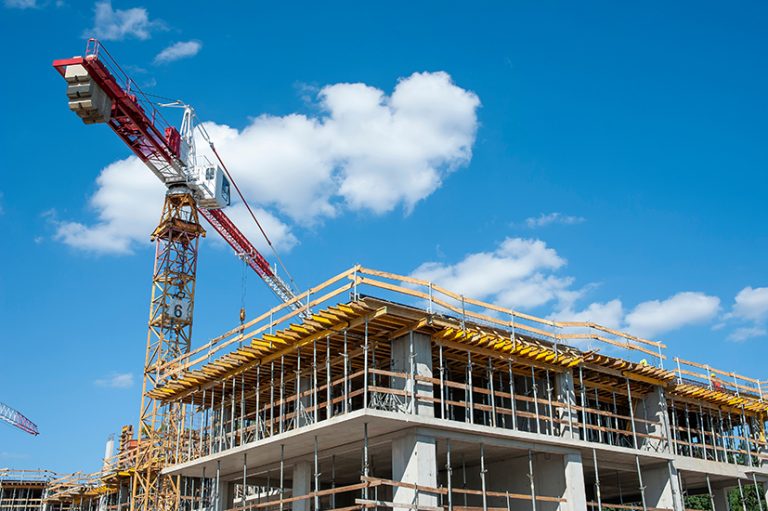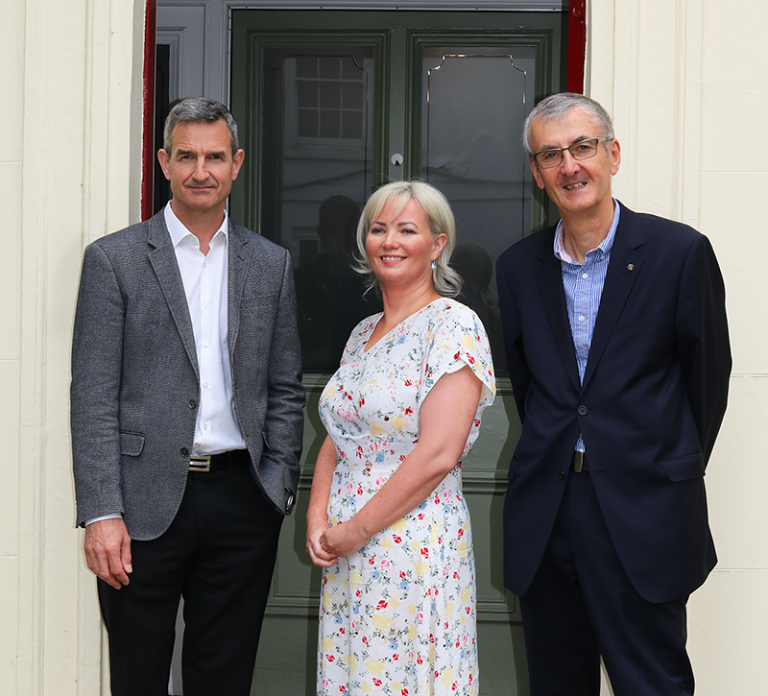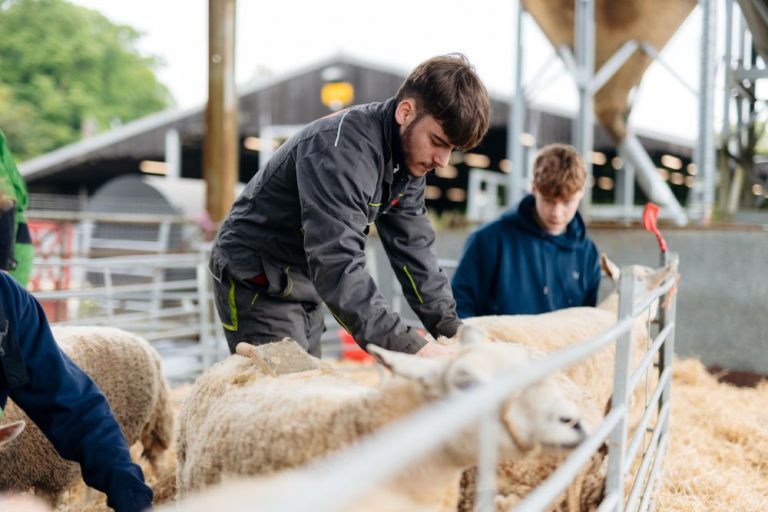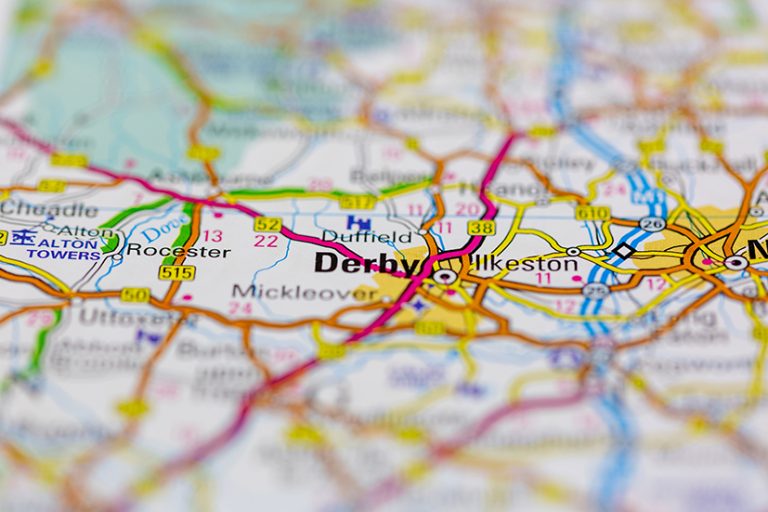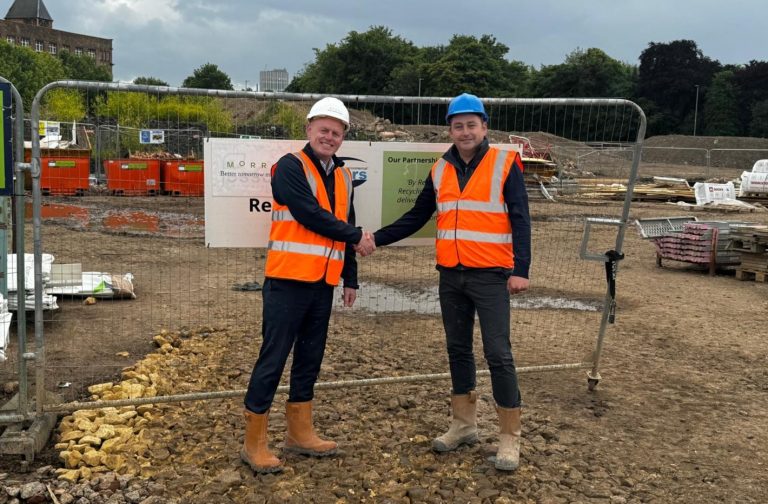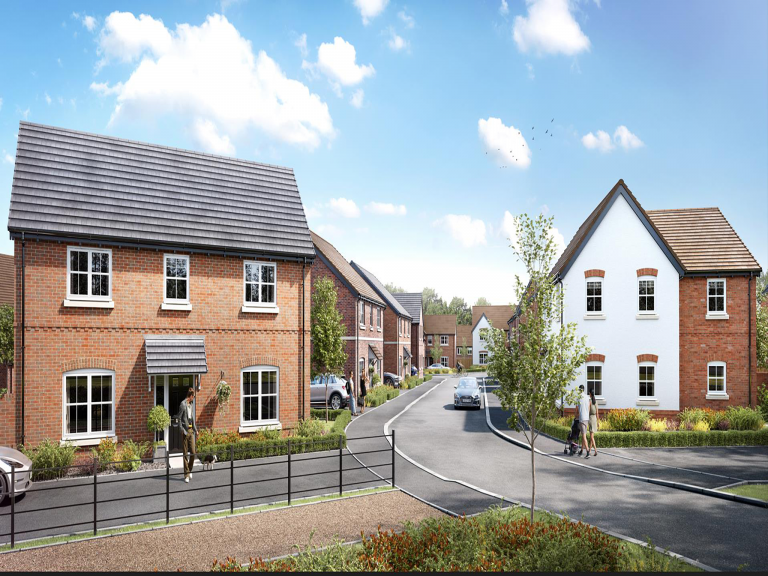Sudden hit for East Midlands economy as local entrepreneurs decide to hold back
New homes plan set to reshape Leicestershire village edge
Plans have been submitted to develop a 20.7-acre site on the outskirts of Newbold Verdon, Leicestershire, with 200 new homes. The application, lodged by Bloor Homes, outlines proposals for residential development alongside community infrastructure, including a potential health and wellbeing hub or retail unit, as well as sports facilities and expanded school playing fields.
The proposed site is situated off Bosworth Lane, B585, and currently comprises agricultural land. Hinckley and Bosworth Borough Council is reviewing the application, with a planning decision expected later this year.
The development reflects continued demand for housing in rural areas, with implications for local infrastructure, service providers, and supply chain partners operating in the construction, education, and healthcare sectors.
EDGE appoints new director at Nottingham HQ
Rothera Bray merges with historic Loughborough firm Woolley, Beardsleys & Bosworth
College receives £600k to train skilled agri-food workforce
Leicestershire universities drive regional climate action through business engagement
Leicestershire’s three universities—Loughborough, Leicester, and De Montfort—are scaling up their joint sustainability efforts through a £2.56 million Innovate UK-funded project designed to accelerate progress towards net zero across the region. The GreenerFuture initiative, developed under the Leicestershire Collaborate to Accelerate Net Zero (LCAN) partnership, focuses on decarbonisation, business engagement, and removing non-technical barriers to climate action.
Since its launch, the programme has supported more than 500 businesses and is actively working with 80 organisations to improve energy efficiency, reduce emissions, and access sustainable growth opportunities. Businesses benefit from fully funded support, including in-person carbon literacy training and strategic guidance to align operations with environmental goals.
The universities are also offering Carbon Literacy certification to organisations, enhancing internal knowledge and helping companies meet growing stakeholder expectations for sustainability, transparency, and reporting.
Alongside carbon reduction, all three institutions are advancing biodiversity initiatives as part of their commitments to the Nature Positive Universities Alliance. Projects include wildlife habitat restoration, biodiversity action planning, and on-campus conservation efforts.
Their joint work aligns with the Leicestershire Climate and Nature Pact, a broader regional agreement that unites academia, business, and government in their pursuit of achieving net zero by 2045.
A series of Big Green Week events in June aims to deepen further collaboration between businesses and the community on environmental resilience.
Derby targets green infrastructure growth with £1m bid
Derby City Council is seeking nearly £1 million in government funding to expand its green infrastructure strategy and enhance access to nature-led public spaces. The funding bid, expected to be approved this week, would finance three temporary staff positions dedicated to nature-based regeneration projects across the city.
The proposal aims to scale up initiatives like Electric Daisy, a high-footfall public garden and events space launched in Bold Lane in 2022, which has become a catalyst for environmental engagement and economic activity in the area. Plans are now underway to expand the site, potentially into a mini Eden Project-style venue, pending further investment.
The broader programme will focus on increasing connectivity between green spaces, improving urban resilience, and embedding nature into regeneration plans. It includes a push to ensure that underrepresented and marginalised communities benefit from accessible green infrastructure.
A newly formed advocacy group, the Derby Nature Collective, will play a supporting role in the city’s environmental agenda, aligning with the council’s efforts to build long-term sustainability into urban development.
The funding, if secured, will be disbursed over three years, with recruitment aligned to the council’s hiring processes. The initiative positions Derby as a case study for leveraging environmental assets to drive inclusive urban growth.


